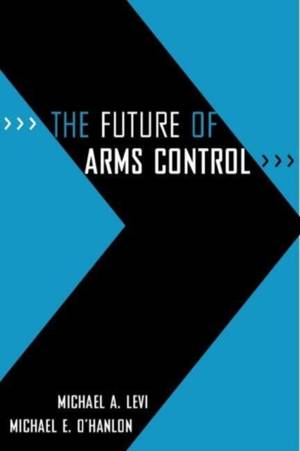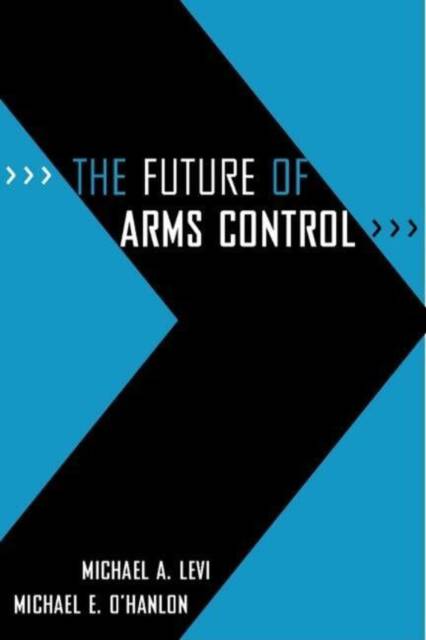
- Afhalen na 1 uur in een winkel met voorraad
- In januari gratis thuislevering in België
- Ruim aanbod met 7 miljoen producten
- Afhalen na 1 uur in een winkel met voorraad
- In januari gratis thuislevering in België
- Ruim aanbod met 7 miljoen producten
Omschrijving
Arms control, for decades at the core of the foreign policy consensus, today is among the more contentious issues in American politics. It is pilloried and considered out of mode in many conservative quarters, while being viewed as nearly sacrosanct in many liberal circles. In this new book, Michael Levi and Michael O'Hanlon argue that neither the left nor the right has a correct view of the proper utility of arms control in the age of terror. Arms control in the traditional sense--lengthy treaties to limit nuclear and other military competitions among the great powers--is no longer particularly useful. Nor should arms control be pursued as a means to the end of constraining the power of nations or of promoting global government. It is still a critical tool, though, for controlling dangerous technologies, particularly those that, in the hands of hostile states or terrorist organizations, could cause massive death and destruction. Arms control and coercive action, including military force, must be integrated into an overall strategy for preventing proliferation, now more than ever before. Arms control should be used to gain earlier warning of illicit activities inside dangerous states, allowing the international community to take coercive action in a timely way. The authors propose three new criteria to guide future arms control efforts, designed to respond to today's geopolitical realities. Arms control must focus on the dangers of catastrophic technology, not so much in the hands of major powers as of small states and terrorist groups. Their criteria lead to a natural focus on nuclear and biological technologies. Much tougher measures to prevent countries from gaining nuclear weapons technoloty while purportedly complying with the Nuclear Non-Proliferation Treaty and procedures for controlling dangerous biological technologies will be most prominent in this framework, while lower priority is giben to efforts such as bilateral nuclear accords and most t"
Specificaties
Betrokkenen
- Auteur(s):
- Uitgeverij:
Inhoud
- Aantal bladzijden:
- 206
- Taal:
- Engels
Eigenschappen
- Productcode (EAN):
- 9780815764632
- Verschijningsdatum:
- 30/11/2004
- Uitvoering:
- Paperback
- Formaat:
- Trade paperback (VS)
- Afmetingen:
- 155 mm x 227 mm
- Gewicht:
- 290 g

Alleen bij Standaard Boekhandel
Beoordelingen
We publiceren alleen reviews die voldoen aan de voorwaarden voor reviews. Bekijk onze voorwaarden voor reviews.









